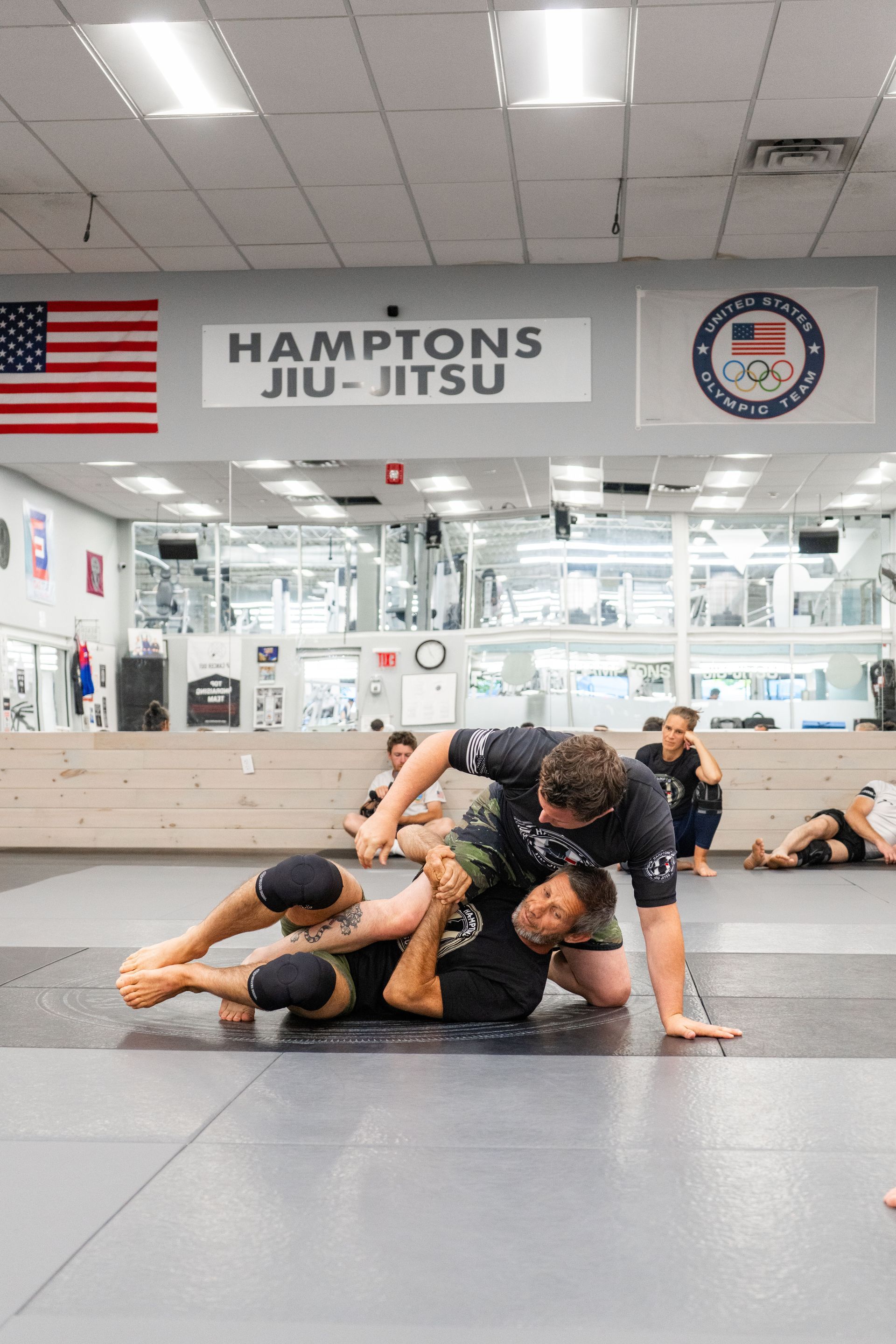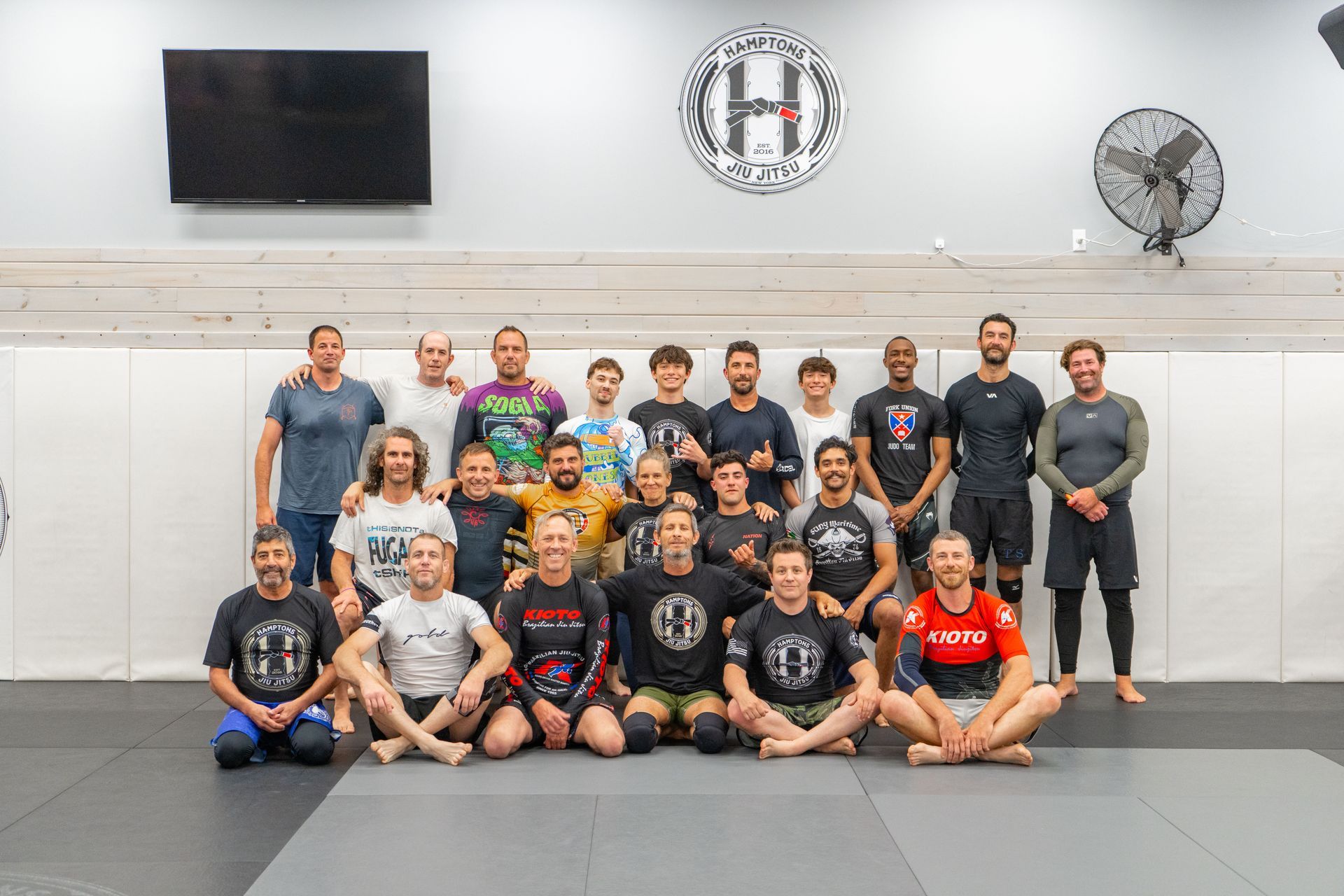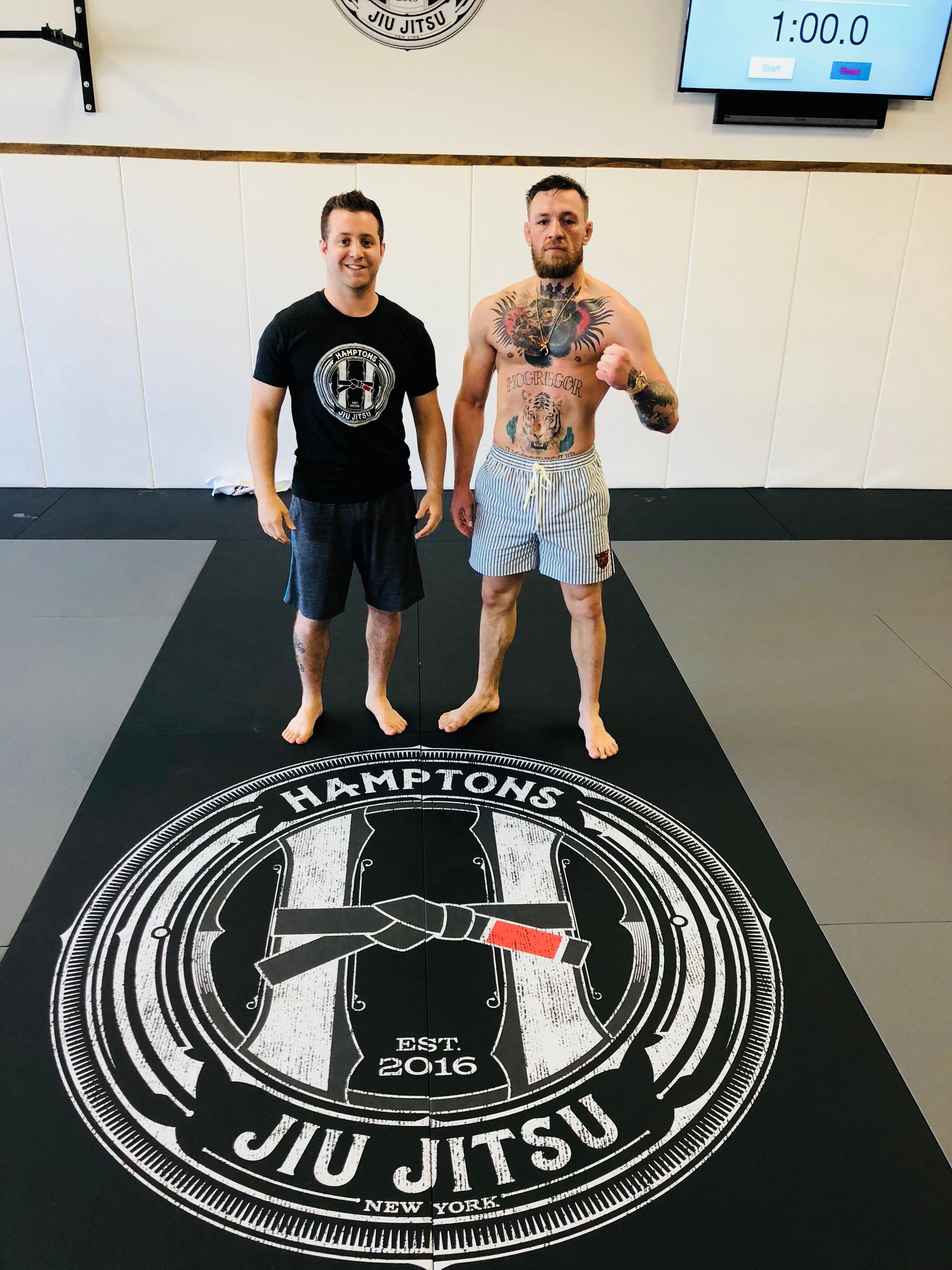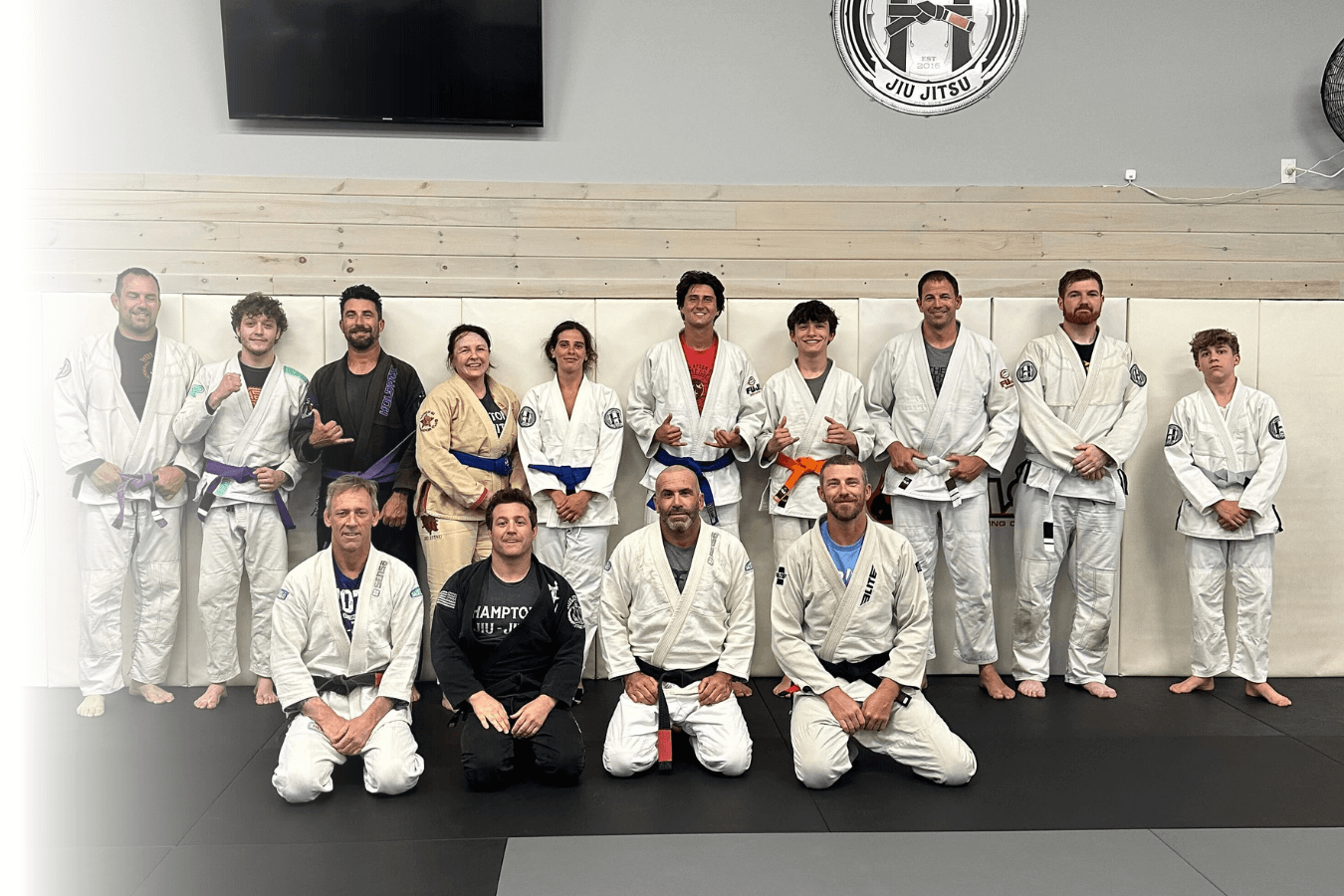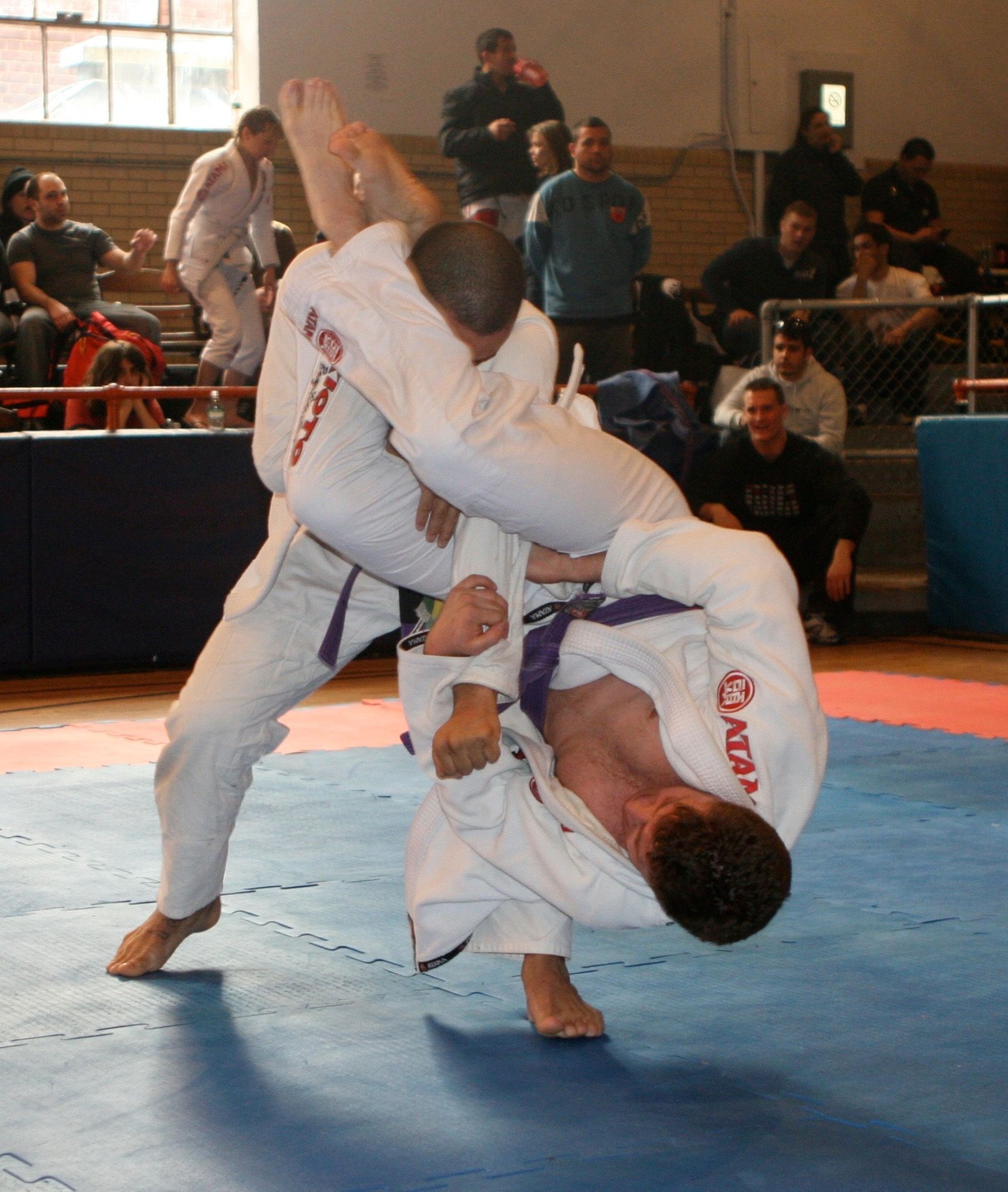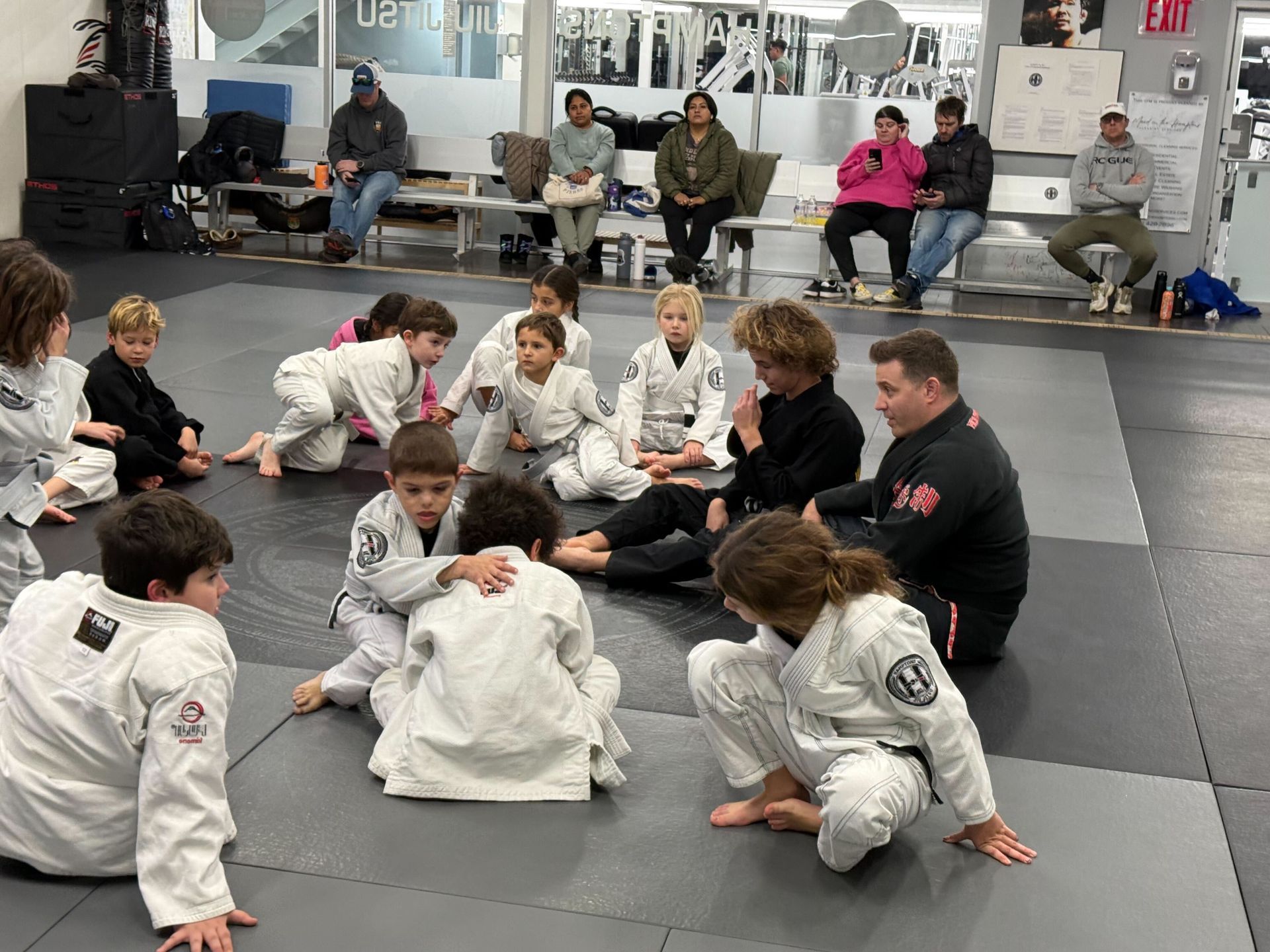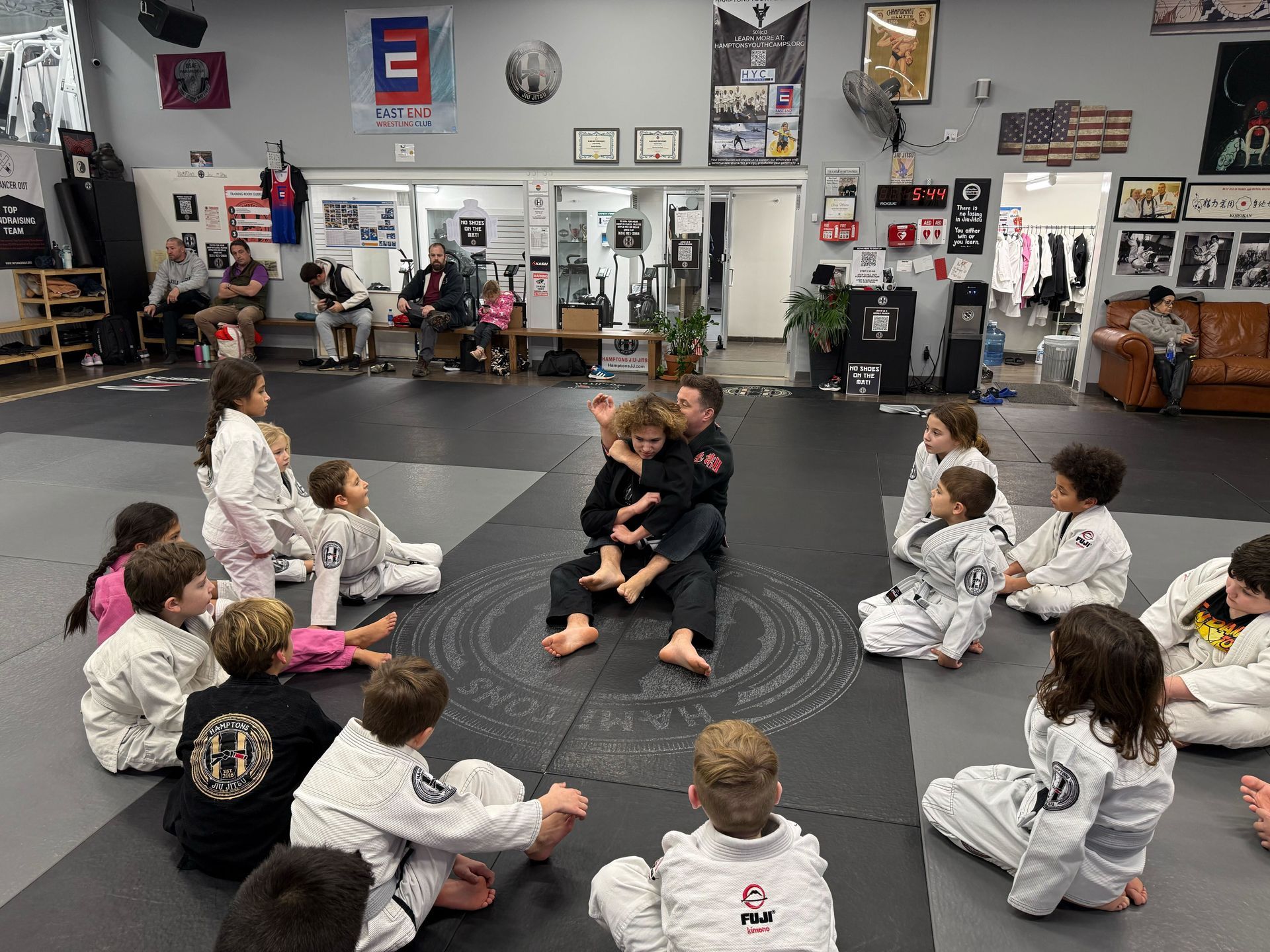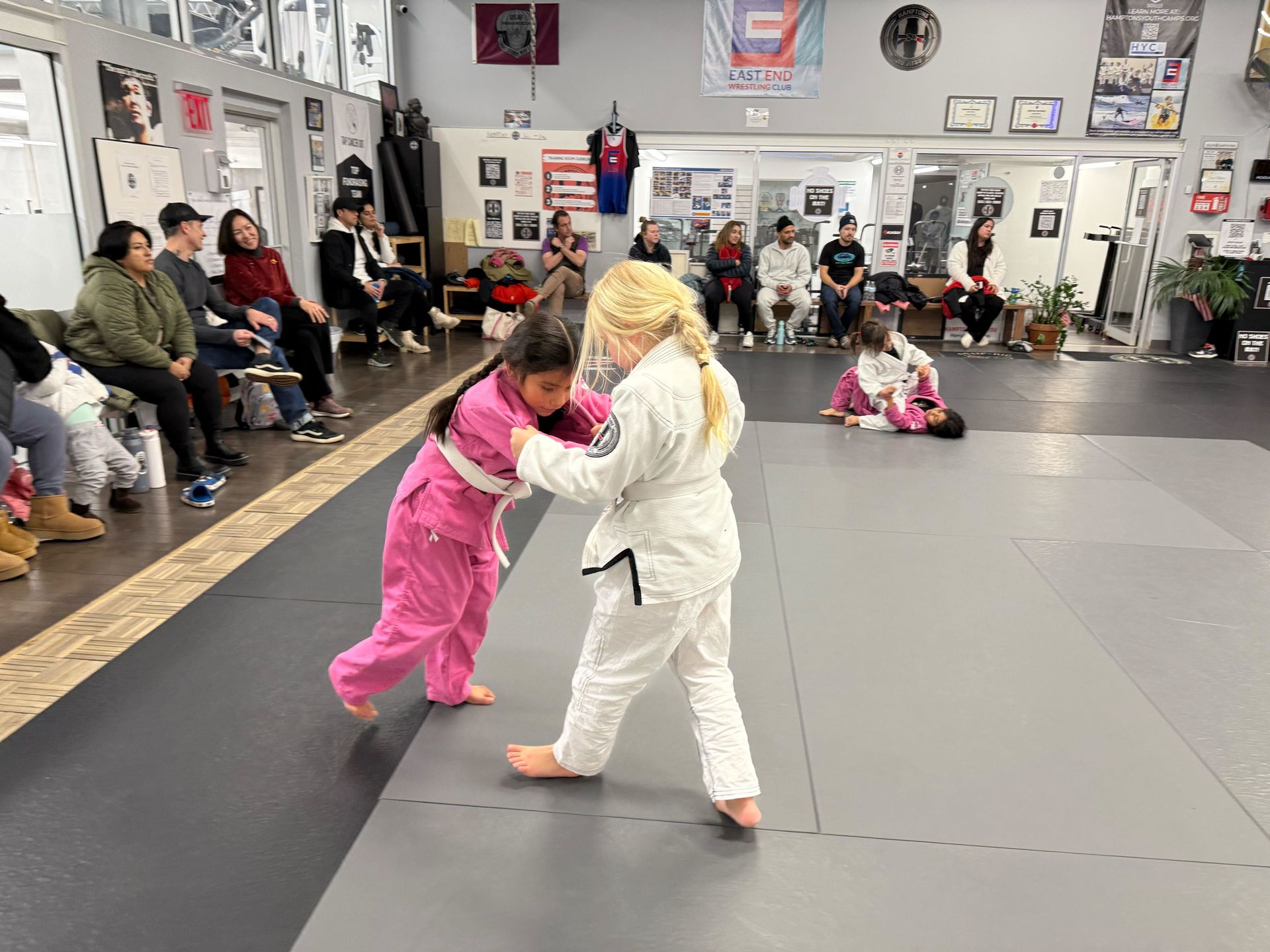5 Ways Martial Arts Improves Mental Health
5 Ways Martial Arts Improves Mental Health
In our fast-paced, modern world, mental health is becoming increasingly important.
Many people seek ways to manage stress, improve self-esteem, and find a sense of calm amidst the chaos of daily life. Martial arts, often associated with physical prowess and
self-defense, offers a range of benefits that go far beyond physical fitness. This ancient practice is a powerful tool for improving mental health, providing practitioners with the skills and mindset to navigate life's challenges with resilience and confidence. Here are five key ways martial arts can enhance your mental well-being.
Stress Reduction
Stress is a common challenge in today’s world, affecting people of all ages. Martial arts provide an effective outlet for stress relief through physical activity and mental focus. Engaging in martial arts helps clear the mind of daily worries, allowing practitioners to concentrate solely on their movements and techniques. This focused attention can significantly reduce stress levels, offering a reprieve from the mental clutter that often contributes to anxiety.
Mindfulness and Meditation
A key aspect of martial arts is the emphasis on mindfulness and meditation. Techniques such as deep breathing, visualization, and focusing on the present moment are integral to martial arts practice. These techniques help calm the mind, lower heart rates, and reduce cortisol levels, the hormone associated with stress. By practicing mindfulness, individuals learn to let go of intrusive thoughts and remain centered, which can dramatically improve their overall sense of well-being.
Boosts Confidence and Self-Esteem
Martial arts is a journey of personal growth. Each new skill learned, each belt earned, and each challenge overcome adds to a sense of accomplishment and boosts self-esteem. The process of setting and achieving goals in martial arts translates to increased confidence in other areas of life. This improvement is not just about physical abilities but also about mental strength and resilience.
Overcoming Challenges
Martial arts teaches you to face and overcome challenges, whether it's learning a difficult move or sparring with a tough opponent. These experiences are invaluable for building self-esteem. The sense of achievement that comes from pushing past perceived limits and conquering fears reinforces the belief in one's abilities, which is crucial for mental health.
Enhances Focus and Concentration
In martial arts, focus is everything. Practitioners must pay close attention to their movements, their opponent, and their surroundings. This intense focus translates into improved concentration skills that can be applied in everyday life. Whether it's studying for an exam or completing a work project, the ability to concentrate deeply can lead to better outcomes and a more productive, fulfilling life.
Discipline and Routine
Martial arts instills discipline, a key component of mental focus. Consistent practice and adherence to a structured routine help build mental fortitude and clarity. This discipline extends beyond the dojo, promoting better time management, goal-setting, and the ability to stay on task in various aspects of life.
Provides a Sense of Community and Belonging
One of the less obvious but deeply impactful benefits of martial arts is the sense of community it fosters. Martial arts schools are not just places to learn techniques; they are supportive environments where individuals of all ages and backgrounds come together with common goals. This sense of belonging can alleviate feelings of isolation and loneliness, which are often linked to poor mental health.
Building Relationships and Teamwork
Martial arts often involve working with partners or in groups, which helps build social skills, communication, and empathy. The camaraderie and mutual respect developed through shared practice can lead to lasting friendships and a supportive network, which are essential for emotional well-being.
Releases Endorphins and Improves Mood
Physical activity is a well-known mood booster, and martial arts is no exception. The rigorous exercise involved in martial arts releases endorphins, the body’s natural feel-good chemicals. These endorphins can help combat symptoms of depression, reduce anxiety, and generally improve mood. Moreover, the sense of accomplishment that comes with mastering a new technique or winning a match can provide a significant emotional lift.
The Role of Physical Fitness in Mental Health
There is a strong connection between physical fitness and mental health. Regular exercise has been shown to reduce symptoms of anxiety and depression, improve sleep quality, and boost overall mood. Martial arts not only keeps the body in shape but also provides a fun and engaging way to stay active, which can lead to a healthier mind.
Final Thoughts
Martial arts offer far more than just physical benefits; they are a powerful tool for improving mental health. From reducing stress and boosting confidence to enhancing focus and providing a sense of community, martial arts equip individuals with the skills and mindset needed to lead a balanced, healthy life. Whether you’re looking to manage stress, improve self-esteem, or simply find a supportive community, martial arts can be a transformative experience that enhances your mental well-being.
FAQs
1. Can martial arts help with anxiety?
Yes, martial arts can help manage anxiety through techniques that promote mindfulness, stress relief, and physical activity, all of which are known to reduce anxiety levels.
2. Is martial arts suitable for people of all ages?
Absolutely! Martial arts can be tailored to suit different age groups and fitness levels, making it an inclusive activity that benefits children, adults, and seniors alike.
3. How often should I practice martial arts to see mental health benefits?
Consistency is key. Practicing martial arts 2-3 times a week can lead to noticeable improvements in mental health, though benefits may vary from person to person.
4. Do I need any experience to start martial arts?
No experience is necessary to begin martial arts. Most schools offer beginner classes, and instructors are trained to help new students progress at their own pace.
5. What types of martial arts are best for mental health?
While all martial arts have mental health benefits, disciplines like Tai Chi, Karate, and Jiu-Jitsu are particularly noted for their emphasis on mindfulness, stress reduction, and personal growth.
6. Can martial arts help with depression?
Yes, martial arts can help with depression by providing a sense of purpose, routine, and community, as well as boosting mood through physical activity and endorphin release.
ACCESS OUR SCHEDULE
& EXCLUSIVE WEB SPECIAL
Secure your spot and get started today with our EXCLUSIVE offer!


